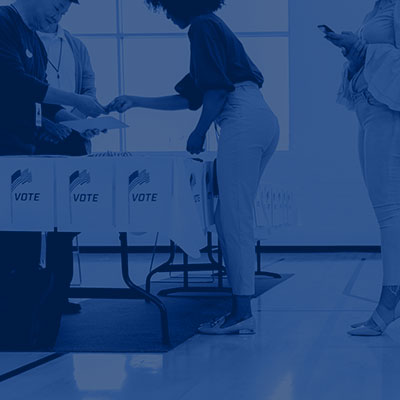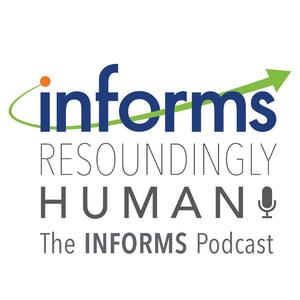Published: July 23, 2021

Even with the 2020 presidential election now months behind us, the topic of election security is still making headlines with numerous states introducing new legislation. While some are aimed at increasing accessibility, others would enact more restrictions, but overall these are all again raising questions about voter security and ballot integrity.
And as we look back at the 2020 elections, and ahead to the upcoming municipal and midterm elections, how can voter security be better ensured in a way that doesn’t lead to voter suppression?
Mail-based voting, from an historical perspective, from an unbiased, data-driven, academic research perspective, from various experts’ perspective is secure and it allows for expanded democratic participation. Our election process has already the needed checks in place to be able to detect fraud, to be able to detect potential security concerns raised by these various legislation efforts. So while we need to be vigilant and continue to harden our election process and preserve its integrity, legislation needs to firmly be based on analytics, on risk models, not on just simply lawmakers’ beliefs.
Interviewed this episode:

Josh Dehlinger
Towson University
Dr. Josh Dehlinger has been an Assistant/Associate Professor in the Department of Computer and Information Sciences at Towson University since 2008. Prior to joining Towson University, Dr. Dehlinger was a Research Associate in the Charles L. Brown Department of Electrical and Computer Engineering at the University of Virginia. He received a Ph.D. in Computer Science from Iowa State University, under the advisement of Dr. Robyn Lutz, in 2007 and a B.S. in Management of Computer Systems from the University of Wisconsin – Whitewater in 2002.
Dr. Dehlinger has taught courses in Software Engineering; Software Testing and Maintenance; Software Quality Assurance; Design and Implementation of Programming Languages; Mobile Application Development; and currently coordinates the Department of Computer and Information Science’s Internship program. His teaching interests include software engineering, programming languages, software testing, software safety and mobile application development.
Episode Transcript
Contact us to request transcript.
Want to learn more? Check out the additional resources and links listed below for more information about what was discussed in the episode.
Protecting election security, how safe is your vote?, featuring Natalie Scala, Resoundingly Human
Webinar: Voting Rights and Election Fraud: The Role of Mail-in Voting
Price, et al. (2019). Protecting Maryland’s voting processes.
Locraft, et al. (2019). Sources of risk in elections security.
Scala, et al. (2020). Empowering election judges to secure our elections.
Dehlinger, et al. (2021). Poll worker security: Assessment and design of usability and performance.
Scala, et al. (working). Preparing poll workers to secure U.S. elections.
Scala, et al. (2021, under review). Evaluating Mail-in Security for Electoral Processes Using Attack Trees
Scala, et al. (2021). A Process Map and Risk Assessment for Mail-based Voting
